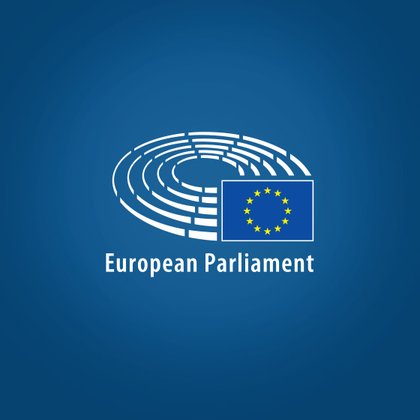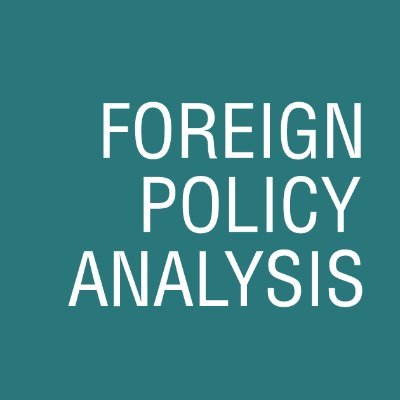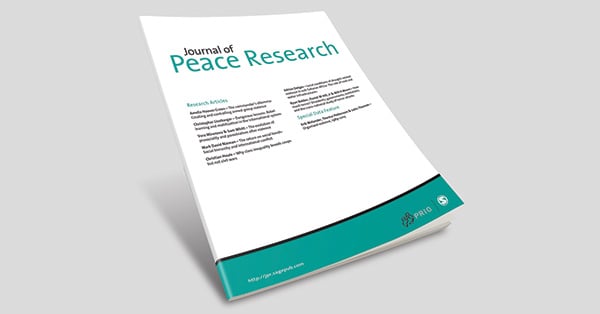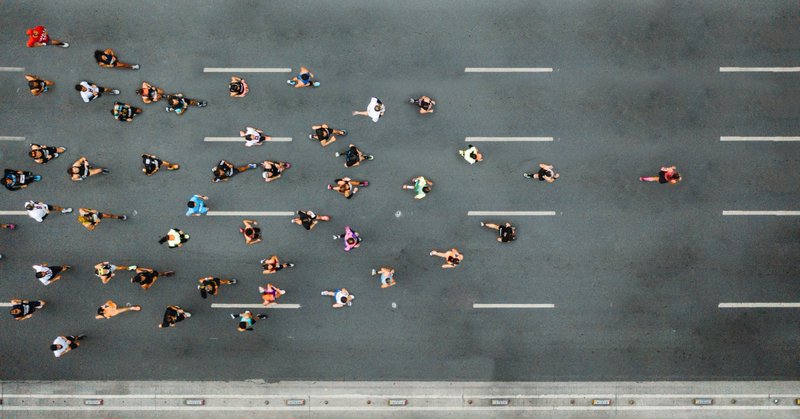
Anton (Anjo) Peez
@antonpeez
Followers
622
Following
5K
Media
112
Statuses
1K
Political Scientist/Postdoc, @goetheuni/@PRIF_org・sanctions, global order, research design・alum, @Politics_Oxford/@uniessexgovt/@goetheuni・⚾/🏃♂️
Berlin, Germany
Joined September 2010
🥁 Does public opinion on international affairs affect elites’ policy preferences? In short: yes, it does. @F_Bethke and I explore this in @ISQ_Jrnl based on a new survey experiment run with 253 US foreign policy practitioners with @trip_irsurvey. 1/5 https://t.co/iFEd8pWFpV
4
42
135
Check out our new study on the #EU Global #sanctions regime against #HumanRightsViolations, written with @nat_tilahun and @antonpeez for @europarl/@EP_EPRS - with thanks to our research assistant @fedeigni from @UV_EG and to @tepsaeu for their support !👇 https://t.co/rtiKaNzvBc
europarl.europa.eu
Effectiveness of the EU global human rights sanctions regime
0
1
7
🚨NEW ARTICLE🚨 Attia (2025) shows that U.S. presidents with strong party support and high approval are more likely to lift sanctions, while congressional oversight makes termination less likely and slower. https://t.co/7Ab6OVcozc
1
5
14
✍️ My quick take for @CrisisGroup on how last week's UNSC votes on South Sudan and Libya reflect on the broader sanctions debate at the UN. https://t.co/gk2C7t2vnQ
crisisgroup.org
Crisis Group expert Maya Ungar on UN Security Council votes on sanctions on South Sudan and enforcement of Libya’s arms embargo
0
14
34
New paper with @antonpeez @TobiasBunde & Jonas Driedger We conducted a conjoint experiment with attendees of the 2025 @MunSecConf , capturing their preferences for settlement scenarios of the Russo- Ukrainian war across six key issues.
1
3
10
If you’re attending #MSC2025, give our @MunSecConf/@PRIF_org Decisionmaker Scenario Exercise a look – How can the UN Security Council be reformed? How might the Russia-Ukraine War be settled? Who are today’s “great powers”? Available in the conference platform/app under “Survey.”
4
9
28
Kudos everyone! Our theories must be so good for us to be rejecting nulls all the time like this. A+++
New WP with @VincentAB @ryancbriggs. We use LLMs and RAs to track publication trends in polisci. Here’s how subfields have changed in AJPS and JOP https://t.co/KUx1bvFrqR
5
11
118
Surely this will never happen to me again, but I had TWO papers come out yesterday! In @JPR_journal, I introduce a new corpus of all 17,324 UNGA & UNSC resolutions from 1946-2018. Users will have searchable resolution texts, but also key metadata: citations, topics & reuse. 1/5
5
7
78
New article on economic coercion https://t.co/YJvT3zpkWw with @Pat_M_Web and @al_invernizzi. We show that the sanction regimes of both the EU and the USA are biased, but that there are also surprising parallels between the two most prolific senders.
journals.sagepub.com
This article examines the biases the two most important senders of economic sanctions, the European Union and the United States, frequently introduce into their...
1
6
24
Data from 120,000 runners shows that slow and fast marathoners do essentially the same amount of medium and hard training, but vastly different amounts of easy training. But does that really mean that slow marathoners would get faster by training easier? https://t.co/o6ZEqaXDrU
outsideonline.com
New data shows that the biggest difference between elite and middling runners is how much time they spend jogging
33
56
363
🥁 Does public opinion on international affairs affect elites’ policy preferences? In short: yes, it does. @F_Bethke and I explore this in @ISQ_Jrnl based on a new survey experiment run with 253 US foreign policy practitioners with @trip_irsurvey. 1/5 https://t.co/iFEd8pWFpV
4
42
135
📚 Book of the Week 📚 👉 A great book for anyone interested in contestation in IR, this week’s pick is ‘International norm disputes’, by Lisbeth Zimmerman, @NDeitelhoff, @MaxLesch, Antonio Arcudi and @AntonPeez (@OxUniPress). Read our joint review: https://t.co/zMdxByYOxk
0
12
32
Just published on APSR First View: "The Generalizability of IR Experiments beyond the United States " by Lotem Bassan-Nygate (@BassanNygate), Jonathan Renshon (@jrenshon), Jessica Weeks (@jessicalpweeks), and Chagai Weiss (@chagai_weiss). https://t.co/jil46yhR9e
0
27
95
We thank the great folks at @trip_irsurvey – @EntringerIrene, @MikeTierneyIR, @rmpowers, Sue Peterson – for the generous opportunity, and editors and reviewers at @ISQ_Jrnl and colleagues and friends in Frankfurt, Berkeley, and elsewhere for terrific feedback. Give it a look! 5/5
0
0
3
Given our fairly large sample, we also examine and find treatment effect heterogeneity by expertise, job role, and gender, but not by party identification. We discuss these in the paper in detail. This points to the importance of studying sub-groups of elites where possible. 4/5
1
0
0
This question is important because while elite responsiveness to public opinion is often assumed, it is difficult to test, especially on a highly salient real-world issue. Topline: We find a +8.3 pp. difference between control and treatment groups. 3/5
1
0
1
We examine US sanctions policy on Russia in 2022/23, using contemporary public polling 80% in favor of increasing sanctions as an information treatment. This follows great work by @jessicalpweeks, @YarhiMilo, Michael Tomz, @eriklg, @whoisjonchu, and Stefano Recchia. 2/5
1
0
2
Increasingly allergic to the quiet polisci norm that empirical papers should come up with elaborated theories/expectations first even if effectively they're intuitions from the process of data exploration. We/I have been inculcated this is the way to present but often doesnt work
18
46
328

















